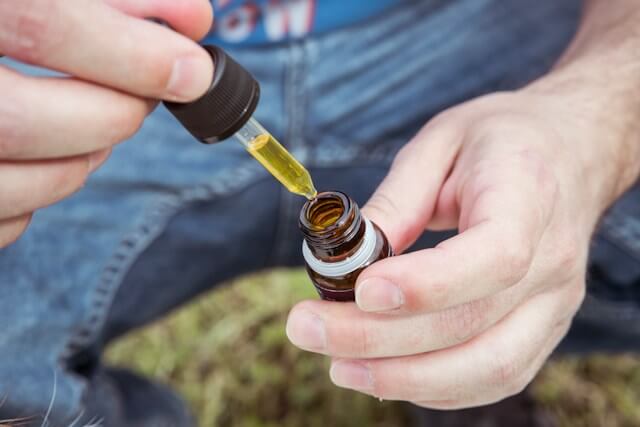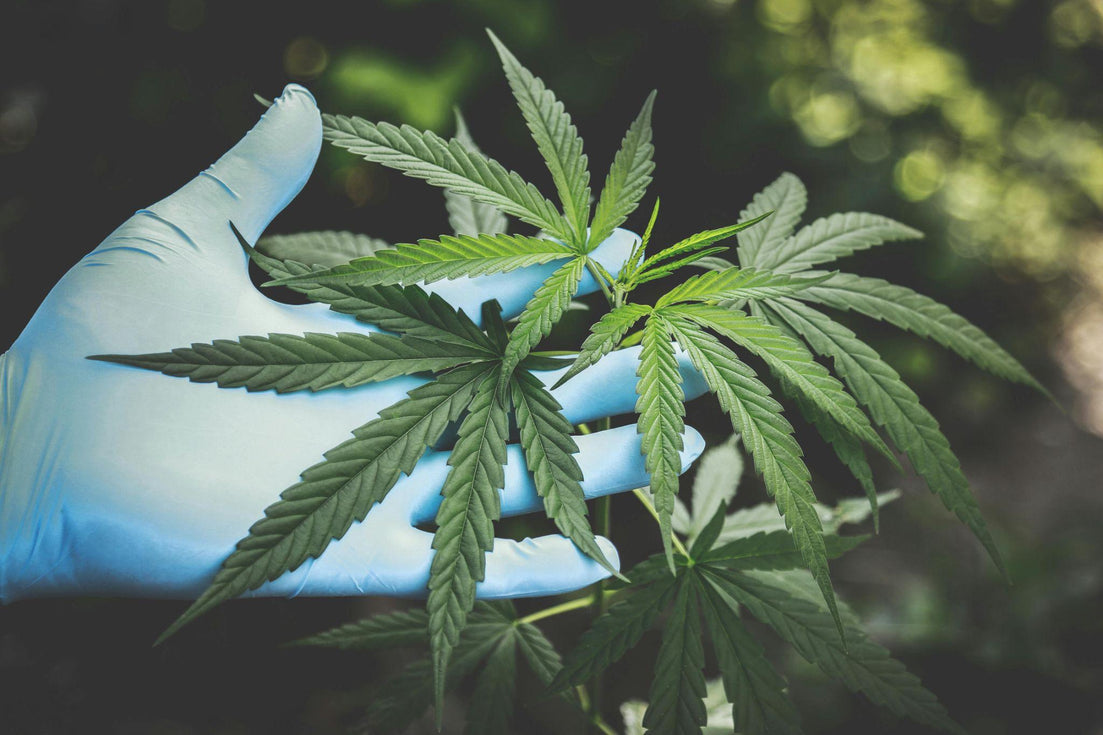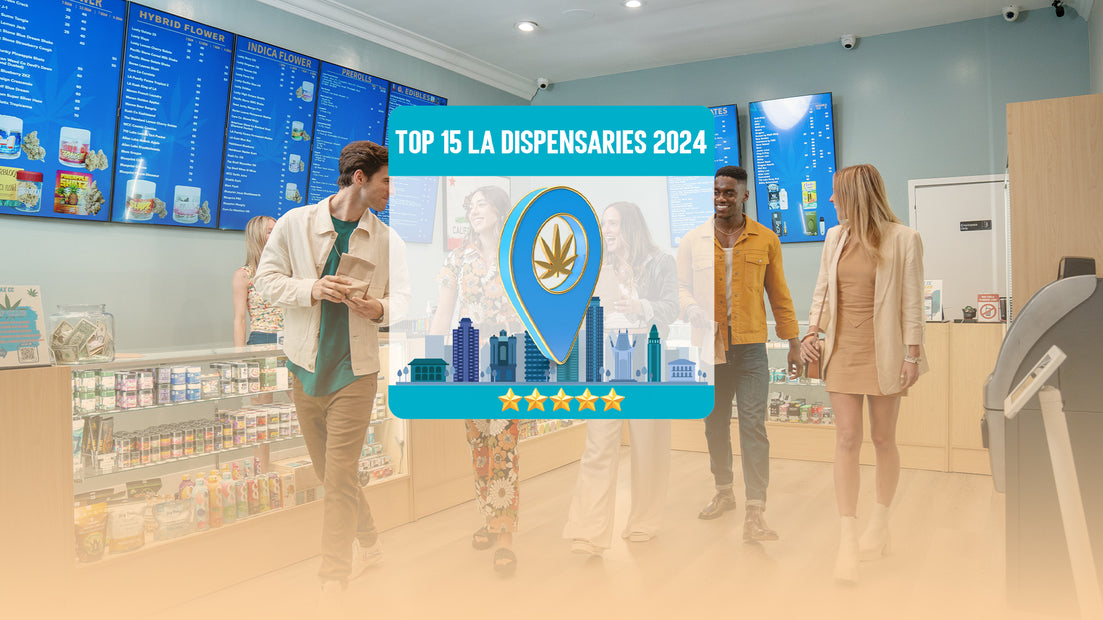Your cart is currently empty.

As the popularity of hemp-derived cannabinoids continues to rise, two compounds are making waves in the cannabis market: HXC and Delta 8. Both offer unique properties and effects, but how do they differ, and which one is best suited for your needs? In this comprehensive guide, we’ll delve into the world of HXC vs Delta 8, comparing their psychoactive properties, therapeutic benefits, safety concerns, and more. By the end, you’ll be well-equipped to make an informed decision based on your preferences and local regulations.
Key Takeaways
HXC and Delta 8 are hemp-derived cannabinoids with distinct psychoactive properties and potential therapeutic benefits.
The legal status of these compounds varies by jurisdiction, so consulting the Certificate of Analysis is recommended when deciding which to use.
Evaluate factors such as effects, quality, safety and consult professional advice for legal compliance before choosing between HHC or Delta 8 products.
Understanding HXC and Delta 8
HXC and Delta 8, both hemp derived cannabinoids from the cannabis plant, have significantly divergent properties and effects. Compounds may interact with the endocannabinoid system in the human body. This interaction could potentially lead to psychoactive effects. While HXC, also known as “Happy Hemp Carts,” is lauded for its invigorating and euphoric effects, Delta 8 is a naturally occurring cannabinoid found in hemp plants that presents a milder psychoactive experience compared to traditional THC. Hemp extracts, such as Delta 8, make an attractive option for users who desire a more subdued high.
Both compounds’ legal status is subject to the cannabis laws and regulations of their respective jurisdictions. Evaluating factors like legality in the relevant jurisdiction, anticipated effects, and individual preferences is a practical approach when deciding between HXC and Delta 8. Consulting the Certificate of Analysis (CoA) for hemp-derived products, a reliable source for determining the components of a hemp product, ensures safe and effective consumption.
What is HXC?
HXC is a hydrogenated THC derivative with effects analogous to those of THC, yet with less potency and mild euphoria, making it a desirable substitute for conventional cannabis products, including synthetic cannabinoids. HHC is produced in a laboratory setting through the process of hydrogenating THC molecules. HXC is slightly more potent than Delta 8, which is a naturally occurring cannabinoid in hemp plants.
Some users claim that HXC produces THC-like psychotropic effects, such as a lucid buzz, increased cheerfulness, and cognitive stimulation, which can be attributed to the presence of psychoactive compounds.
What is Delta 8?
Delta 8 is a cannabinoid that has been synthesized from hemp plants and is known to be less psychoactive than Delta 9 THC. It is said to provide a milder high and potential therapeutic benefits, due to its calming and soothing qualities. The chemical distinction between Delta 8 and Delta 9 THC lies in their respective carbon chains: Delta 8 features a double bond on the 8th carbon chain, whereas Delta 9 has it on the 9th carbon chain.
Comparing the Effects of HXC and Delta 8
Despite both being cannabinoids, HXC and Delta 8 exhibit different psychoactive properties and therapeutic benefits. Here are the key differences:
HXC is less potent than Delta 8, yet it produces a calming effect with reduced anxiety in high doses compared to Delta 8.
Delta 8 is more potent than HXC, providing a milder psychoactive experience.
Both HXC and Delta 8 share similar side effects, which may be less intense than those associated with Delta 9 THC.
Generally, Delta-8 is favored for evening use due to its calming effects, while HHC is noted for its stimulating impact on the mind. Research indicates that Delta 8 may contribute to appetite stimulation and have a positive effect on mental health due to its calming and soothing qualities. HXC, a cannabinoid found in cannabis plants, has been suggested to have potential therapeutic benefits similar to other cannabinoids such as THC and CBD.
Psychoactive Properties
HXC and Delta 8 provide a less intense psychoactive experience compared to THC. HXC is more potent than Delta 8, thus inducing a stronger psychoactive effect. However, it is still less potent than Delta 9 THC and does not cause paranoia or anxiety.
Delta 8 is approximately 50% as potent as Delta 9 THC, while Delta 9 is around 80% as potent.
Therapeutic Benefits
Both HXC and Delta 8 have potential therapeutic benefits, such as pain relief, stress management, and appetite stimulation. It is believed that these benefits arise from their interaction with cannabinoid receptors in the body. However, more research is needed to fully understand their effects.
Delta 8 may be advantageous for conditions such as anxiety, chronic pain, depression, and stress.
Safety and Side Effects
Due to the lack of standardized testing, regulation, and potentially harmful contaminants in certain products, Delta-8 THC has raised safety concerns. Research on HXC’s side effects is still limited. This makes it difficult to access adequate information on this subject. Moreover, the residual solvents and other chemicals used in the conversion of HHC and Delta 8 may be detrimental to human health. Furthermore, there are concerns about the potential for impurities and lack of regulation in the industry.
Responsible consumption of HXC and Delta 8 is vital to avoid any mishaps or traumas. Consumers should exclusively purchase from reliable brands that furnish a full Certificate of Analysis of their compounds by a credited third-party lab to guarantee that their product is safe for consumption.
Potential Risks
Safety concerns may arise from HXC and Delta 8 due to the manufacturing processes, absence of regulation, and potential presence of hazardous chemicals or contaminants.
Delta 8 may present potential safety concerns due to manufacturing processes, the absence of regulation, and the potential presence of harmful chemicals or contaminants.
Common Side Effects
It has been observed that HXC and Delta 8 may induce milder psychoactive effects, including drowsiness, dry mouth, and increased appetite; however, these effects are generally less intense than those related to Delta 9 THC.
Consuming Delta 8 may cause certain adverse reactions. These symptoms can range from mild to moderate, such as paranoia, anxiety, dizziness, dry mouth or red eyes.
Legality and Regulations
The legal status of HXC and Delta-8 remains uncertain as existing legal statutes do not clearly cover them. On a federal level, the hemp plant and its derivatives are deemed legal if the products are derived from the plant with less than 0.3% of THC (delta-9). This regulation is applicable across all states in the United States. However, the legality of these compounds is subject to the cannabis laws and regulations of the respective jurisdictions, which can impact the hemp market.
Certain states have particular regulations pertaining to the sale and utilization of these cannabinoids, with some states legalizing Delta 8 THC and others disallowing it. The same is true for HHC, with certain states permitting its sale and use, and other states prohibiting it. This highlights the complexity of the cannabis industry and its varying legal landscape within the cannabis market.
Federal Law
HXC and Delta 8 are in a legal grey area as per federal law. Delta 8 THC is compliant with federal law. It is not prohibited by the authorities.
State-Specific Laws
Before ordering anything online, make sure to check your local regulations. Certain states have prohibited or limited HXC and Delta 8.
The legal status of Delta 8 is subject to state-specific regulations, with some jurisdictions treating it similarly to Delta 9 THC and others having distinct regulations.
Consumption Methods
HXC and Delta 8 can be consumed in various forms such as:
Gummies
Tinctures
Vape cartridges
Edibles
Dabs
Capsules
Oils
These can be ingested, inhaled, or applied topically or used as tinctures.
Edibles
HXC edibles are available in a wide array of flavors, including fruity gummies, cookies, and syrups. Additionally, HXC gummies can be found in flavors such as Piña Colada.
Delta 8 edibles come in a variety of forms, including:
Gummies
Capsules
Rice krispie treats
Sodas
And more
The potency of HXC in edibles can vary depending on the specific product and dosage, with edibles generally containing anywhere from 2.5 to 100 mg of THC. Delta 8 edibles typically come with a standard dosage between 10-40 milligrams per piece and are considered to be approximately half as potent as Delta 9 THC.
Inhalation
Inhalation of HXC and Delta 8 can result in benefits such as:
Pain relief
Improved sleep quality
Relaxation
Euphoria
However, it’s important to consider that these compounds might be harsh on the lungs and could pose certain risks. Upon inhalation of HXC and Delta 8, the compounds enter the body and interact with the endocannabinoid system.
The effects of inhaling Delta 8 THC are more profound compared to other methods of consumption, but it is imperative to remember that inhalation of any chemicals, including those used to make Delta 8 THC, can be detrimental. The effect of HXC and Delta 8 when inhaled can range from 2 to 8 hours.
Topicals and Tinctures
Employing HXC topicals and tinctures may present several advantages, such as:
Potential pain relief
Reduction of inflammation
Alleviation of skin issues
Enhancement of mood and sleep
Relief from nausea
The procedure for utilizing HXC and Delta 8 topicals involves directly applying the product to the skin. The topicals may be available in various forms such as creams, lotions, or balms. It is suggested to take a small amount of the topical and massage it into the desired area of the skin until it is fully absorbed. This enables the cannabinoids to interact with the receptors in the skin and provide localized relief.
Choosing Between HXC and Delta 8
Consideration of factors like desired effects, product quality, and safety is crucial when deciding between HXC and Delta 8. It is of paramount importance to procure professional counsel concerning the legality of HXC and Delta 8 in order to guarantee adherence to local regulations and statutes.
Desired Effects
It is reported that HHC produces invigorating and stimulating outcomes, whereas Delta 8 is usually chosen by those who desire a more tranquil experience. The precise effects of HXC on the human body include:
Elevated mood
Feeling of euphoria
Heightened sense of smell and taste
Increased appetite
Relaxed mind and body
Strong mental experience
Dry mouth
Headache
Nausea
Powerful body experience
Delta 8 may be advantageous for conditions such as anxiety, chronic pain, depression, and stress.
Product Quality and Safety
In the choice between HXC and Delta 8 products, it’s critical to prioritize quality, third-party lab testing, and a reputable brand for a safe and effective experience. Third-party lab testing in the context of HXC and Delta 8 is a process of having a product tested by an independent laboratory that is not affiliated with the manufacturer or seller. This testing is imperative for confirming the potency, purity, and safety of the product, providing visibility to customers and ensuring that there are no concealed ingredients or contaminants.
Summary
In conclusion, both HXC and Delta 8 offer unique properties and effects that cater to different preferences and needs. Whether you’re seeking a more stimulating experience with HXC or a more relaxed and mellow high with Delta 8, it’s essential to prioritize product quality, safety, and compliance with local regulations. By keeping these factors in mind, you can make an informed decision and enjoy the benefits of these popular hemp-derived cannabinoids.
Frequently Asked Questions
Is HXC stronger than Delta?
Based on the consensus, HHC is generally less potent than Delta 9 THC and Delta 8.
What is HXC high like?
HXC High is a milder, more relaxed high than Delta 9 THC and it includes mood-elevating effects that awaken the senses without feeling sedative. It has potency of up to 80% compared to Delta 9 THC.
What is HXC strain?
HXC is a naturally occurring cannabinoid, known as HHC or Hexahydrocannabinol. It is similar to Delta 9 THC in terms of potency, but is legally recognized under the 2018 Farm Bill. Unfortunately, it is not easy to obtain this strain.
What is an HXC vape?
HXC, short for hexahydrocannabinol, is a naturally occurring cannabinoid found in hemp which offers similar effects to THC without any of the negative side effects. This makes HXC the perfect choice for those looking for a safe and effective way to consume cannabis - the Cake HXC Disposable Vape Pen is one such device for doing so.
What are the main differences between HXC and Delta 8?
Delta 8 provides a milder psychoactive experience than HXC, making it a great choice for those looking for the relaxing effects of THC without intense psychoactivity.



